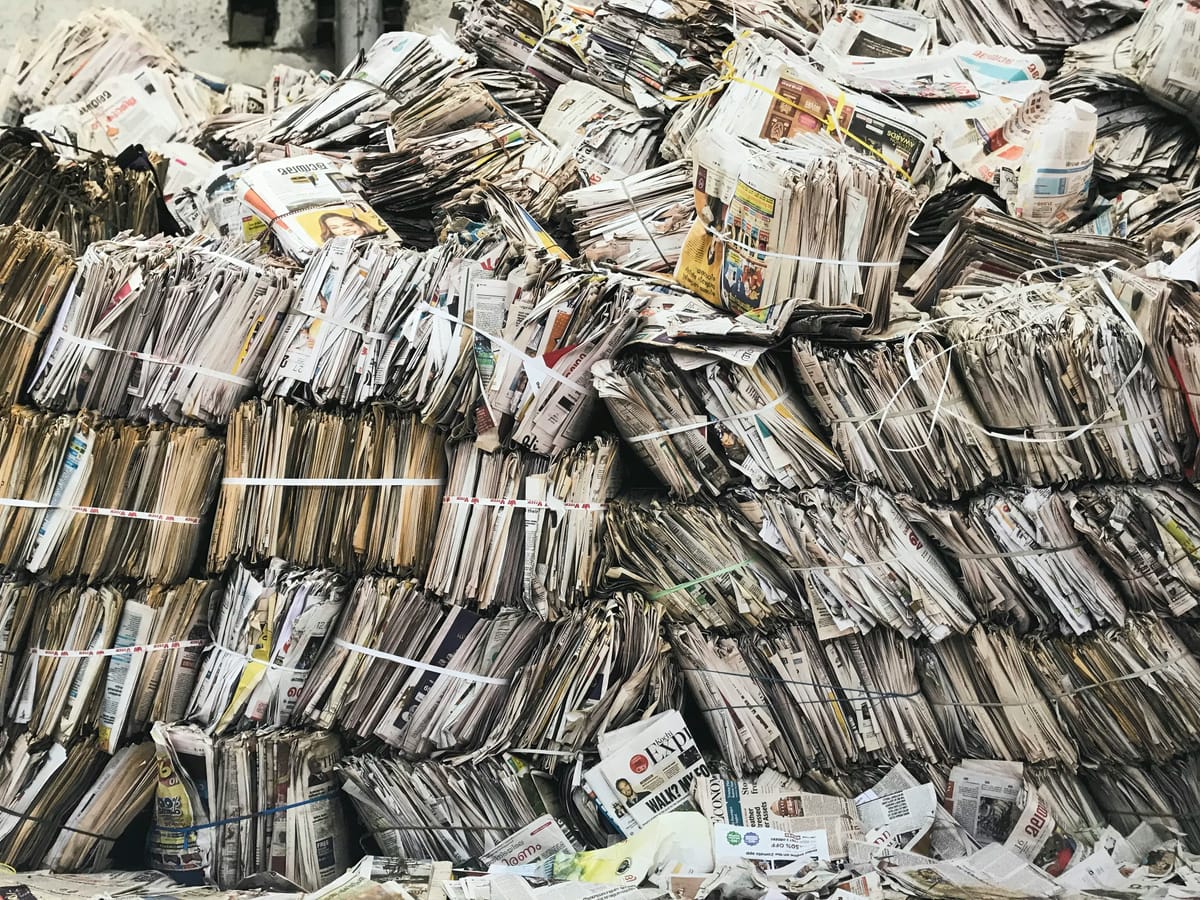Archived Lives

Our family archives are like maps
that haunt and guide us
toward paths past-travelled
and directions unknown.
We travel through these archives
that offer up new stories and
collections of data.
We gain insight
into intimate conversations, letters,
behaviours and movements,
juxtaposed with categorisations
of people,
places,
landscapes
and objects.
These records are our memories and lives;
material, visceral, flesh and blood.
Archiving has the power
to place our family stories
in the public domain,
or obliterate stories
within a broader history
of erasure; filed away,
silent and hidden until bidden.
But our bodies too are archives
where memories, stories,
and lived experiences are stored,
etched and anchored
in our bloodlines deep.
They ground our creativity
in what become personal
and political acts of remembering,
identity making and speaking back,
speaking out,
speaking up.
Detective-like methods
allow us to creatively re-map
events and landscapes,
piece together lives fragmented
and heal our wounds.
This week's piece is adapted from Natalie Harkin’s The Poetics of Mapping Archives.
Dream Intentionally - while you’re awake